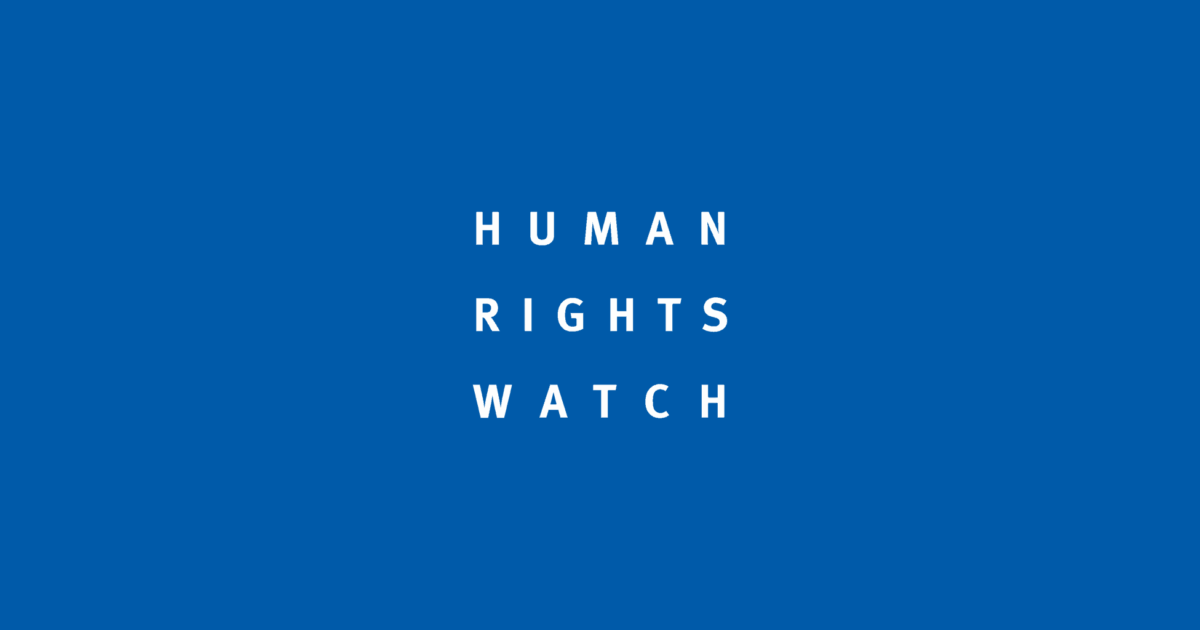Liberia
Liberia
Women in Liberia were powerful non-violent activists during the years of the the Second Liberian Civil War (1999-2003), and have led the efforts to rebuild their country through empowering women to participate in politics and peace processes.
Under the presidency of Ellen Johnson Sirleaf, the first democratically elected female head of state in Africa, Liberia has developed a National Action Plan on the implementation of Resolution 1325 (2000), and began a constitutional review process in 2015 that many hoped would outlaw discrimination against women.
However, traditional and cultural practices perpetuate gender inequality through today, exacerbated by the de-prioritization of the gender equality agenda following the Ebola epidemic. Women community leaders were instrumental in stopping the spread of the Ebola virus in 2014, during which women paid a particularly high price— three in four Ebola deaths were women, due to their traditional roles of caregivers (Liberian Ministry of Health).
Based on the work of NGOWG members and their partners, the NGOWG advocates for the Security Council’s continued support for the United Nations Mission in Liberia (UNMIL) in the effort to mainstream the women, peace and security agenda across its entire operation, giving special attention to sexual and gender-based violence.
Current and Past Recommendations to the UN Security Council (Monthly Action Points)
The Council is expected to renew the mandate of the UN Mission in Liberia (UNMIL). It is essential that the Council, in the context of the security situation, forthcoming elections, and the threat of Ebola, ensure gender is incorporated in the political and security tasks at the heart of UNMIL’s mandate. In this respect, the Council should:
- Ensure that UNMIL’s efforts to develop the capacity of Liberian institutions are gender-sensitive, including with regard to addressing SGBV and abuse. Additionally, UNMIL should ensure that women’s representation in the constitution-drafting process, the electoral system, the police, and the judiciary are prioritized.
- Strengthen the mandate to ensure security sector reform at the national level includes women in the consultation process and further mainstreams gender throughout and promotes the role of women in police and judiciary.
- Mainstream gender across all reintegration, post-conflict recovery and peacebuilding processes, and promote education and vocational training for women and girls associated with fighting forces in reintegration efforts. Survivors of SGBV must be given full access to post-conflict relief and recovery programs.
- Concretely reinforce the consolidation of gains for women in the transition and drawdown process and urge Member States to provide resources to support this consolidation.
- Ensure the work of UN Mission for Ebola Emergency Response (UNMEER) is gender-sensitive, addressing the unique social and economic impacts for women above and beyond the need for critical health systems strengthening, and collecting and utilizing sex-and-age disaggregated data.
The Council is expected to renew the mandate of the UN Mission in Liberia (UNMIL). It is essential that the Council, in the context of the security situation, forthcoming elections, and the threat of Ebola, ensure gender is incorporated in the political and security tasks at the heart of UNMIL’s mandate. In this respect, the Council should:
- Ensure that UNMIL’s efforts to develop the capacity of Liberian institutions are gender-sensitive, including with regard to addressing SGBV and abuse. Additionally, UNMIL should ensure that women’s representation in the constitution-drafting process, the electoral system, the police, and the judiciary are prioritized.
- Strengthen the mandate to ensure security sector reform at the national level includes women in the consultation process and further mainstreams gender throughout and promotes the role of women in police and judiciary.
- Mainstream gender across all reintegration, post-conflict recovery and peacebuilding processes, and promote education and vocational training for women and girls associated with fighting forces in reintegration efforts. Survivors of SGBV must be given full access to post-conflict relief and recovery programs.
- Concretely reinforce the consolidation of gains for women in the transition and drawdown process and urge Member States to provide resources to support this consolidation.
- Ensure the work of UN Mission for Ebola Emergency Response (UNMEER) is gender-sensitive, addressing the unique social and economic impacts for women above and beyond the need for critical health systems strengthening, and collecting and utilizing sex-and-age disaggregated data.
Relevant Resources









